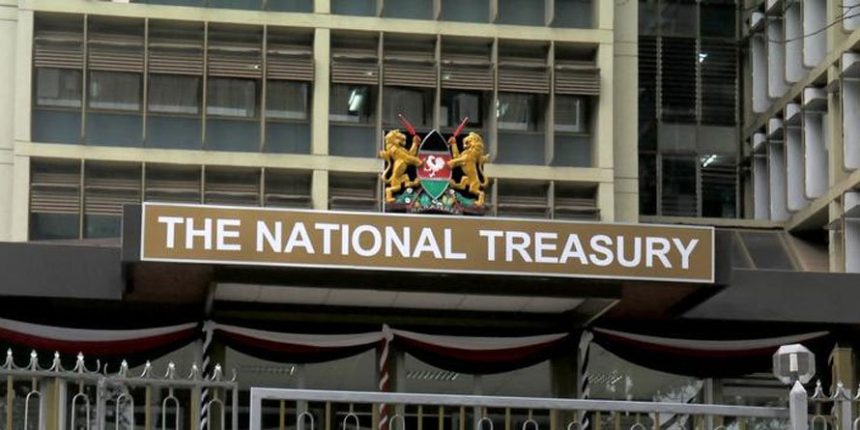Suppliers have opposed a proposal to introduce a levy on suppliers and contractors selling goods and services to the State, saying it would amount to an indirect taxation.
The Association of Public Sector General Suppliers on Thursday faulted the proposal to have the Public Procurement Regulatory Authority train public and private institutions on public procurement.
“Granted the right to raise funds is key to sustainability of key government institutions, we as the association totally oppose this proposed levy,” said the lobby.
The National Treasury this week gazetted the proposal to introduce the Public Procurement Capacity Building Levy, to be charged on companies that supply the government with goods and services, and contractors, at the rate of 0.03 percent of the contract value.
That would mean that a contractor in a project valued Sh1 billion will be levied Sh300,000. Equally, a business supplying goods worth Sh1 million would be levied Sh300.
PPRA as mandated should leave capacity building to relevant NITA (National Industrial Training Authority) accredited as well as Ministry of Education registered institutions,” said the lobby.
PPRA indicated that the money would be used to “provide adequate funds to facilitate provision of sustainable capacity development, technical support and mentoring of all persons participating in the public procurement and asset disposal system, facilitate realisation of value for money, fiscal savings and ensure quality service delivery.
But the association accuses the government of desperation to tax businesses and says it will continue to object the move.
“We strongly believe that governments should not look for indirect modes to tax businesses,” it stated.
The proposal by the government could yield upwards of Sh500 million annually, considering the proportion of Kenya’s public procurement to Gross Domestic Product (GDP).
Estimated at 10 to 13 percent of the Sh14.5 trillion GDP in the year ended June 2023, the public procurement ranges anywhere between Sh1.45 trillion and Sh1.89 trillion.
This involves contracts the government issues, as well as the goods and services it uses.
PPRA argues that Kenya’s public procurement has been affected by corruption, red tape and ineffectiveness, and proposes that the levy will help correct the mess, through training and skill-building individuals and public procurement institutions.




